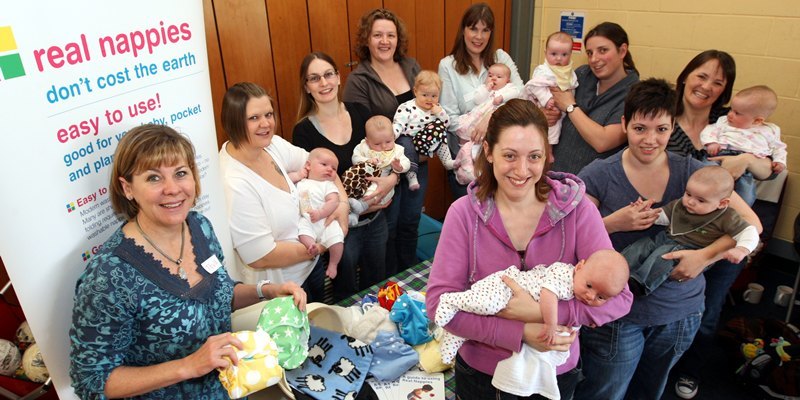A bid to improve Scotland’s breastfeeding rates is falling short of target, new figures have revealed.
In Tayside, the latest rate for babies being exclusively breastfed is lower than five years ago. In Fife, the exclusively breastfed rate is at a nine-year low.
The Scottish Government set a health improvement target to increase the number of newborn children exclusively breastfed at six to eight weeks old, a time when health visitors or other professionals check an infant’s progress. The target was to raise the rates of exclusively breastfed newborns from 26.2% in 06/07 to 32.7% in the current year.
In fact, the newly published rates show the all-Scotland figure marginally lower than the 06/07 rate at 26.1%. The national rates have barely changed over the last four years, remaining stable rather than achieving the improvement sought.
An NHS Fife spokesman said services are available to provide women with help and support and the authority is looking at ways to encourage more women to breastfeed.
An NHS Tayside spokesman said there were “quite of lot of initiatives” aimed at increasing the numbers of women who choose to breastfeed.
“We know that for the first six months of their lives, babies benefit most from their mother’s milk,” the spokesman said. “This is all the food and drink a baby needs as it provides the correct amount of nourishment, vitamins and minerals a baby requires and contains antibodies that protect the baby from infections.”
Public health minister Shona Robison said, “Breastfeeding rates in Scotland remain relatively stable, and we want to encourage and support more women to breastfeed as we know this is best for a baby’s health.
“We know from research that the full benefits for both mother and baby are gained through exclusive breastfeeding for the first six months. However, we also know that some mothers will choose to breastfeed and also give infant formula and this will still have some benefits.
“It’s encouraging, therefore, that more than one in three mums was still breastfeeding at six to eight weeks, even if not exclusively. We are currently consulting on our draft Maternal and Infant Nutrition framework, which will provide a way forward for increasing breastfeeding rates and improving nutrition for pregnant women and young children. Health boards also have action plans in place to increase breastfeeding, focusing particularly on deprived areas and young mothers, where we know rates are low.”
